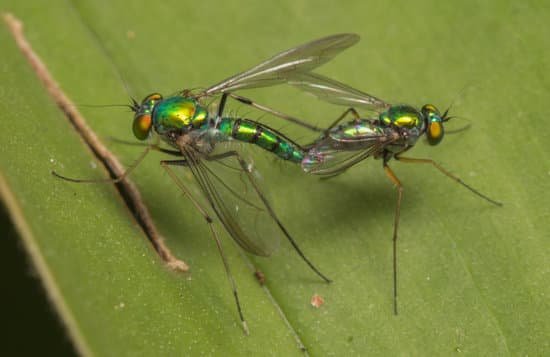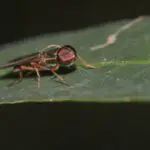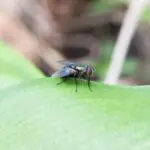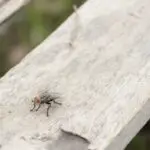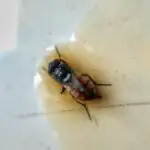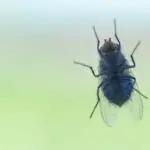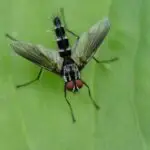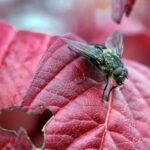Why Can I Hear Flies?
Many insects make sounds, including flies. In fact, the male fruit fly makes a song during mating season. This song is a mix of a purring sound called a “pulse” and a buzzing sound known as a “sine.” The frequency of these two sounds varies from millisecond to millisecond, and they differ slightly from one another. The males use the information that the song provides to judge the speed and distance of a female fly.
The ear structure of a fly is unique in many respects. Unlike mammals, flies have specialized ear structures called scolopidia, which sense sound vibrations relayed by the third segment. The scolopidia tip is attached to a joint, and a dendritic cap secretes a substance that helps flies hear sounds.
Flies produce a distinctive buzzing sound. They are also very small compared to other airborne creatures, making their noises more distinctive. Their small size allows them to occupy niche environments while still retaining the ability to hear. These insects are able to hear other flies and mosquitoes through vibrations in their antennae hairs.
Scientists have uncovered a fascinating link between noise and flies’ hearing. This study has the potential to accelerate the understanding of noise-induced hearing loss and find treatments. It was conducted at the University of Iowa, where the researchers exposed a group of flies to a 120 decibel tone. Because flies respond to the same sound, this research could aid in developing ways to mitigate noise-induced hearing loss in people.
